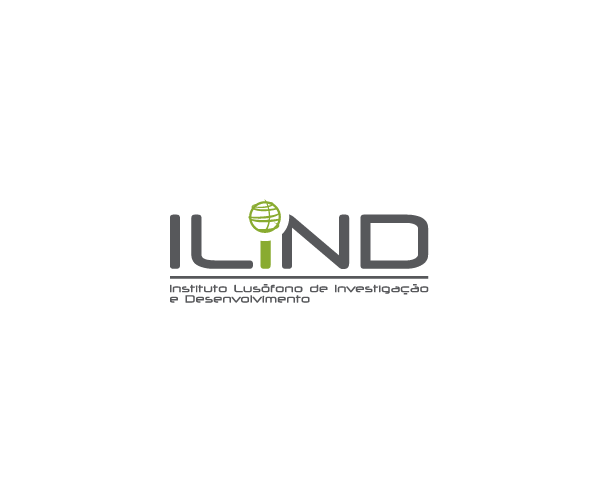
Project Reference
COFAC/ILIND/ HEI-LAB/2/2019
Start / End
01/01/2001 (18 months)
Status
Closed
Funding Programme
ILIND / COFAC
Funding (Total)
15 000.00 €
Heilab Funding
15 000.00 €
Leading Partner
HEI-LAb
Consortium
HEI-Lab (ULusófona)
Abstract
VRmnesis aims at producing an educative and clinical outlet to train junior psychologists conducting clinical interviews, more specifically anamnesis procedures. When it comes to practical training, role-play methods are typically used, but under and postgrad junior psychologists (JP) stand behind other young professionals, such as junior physicians, as the opportunity to train with patients is challenging. VRmnesis offers a new method to train clinic interviews without the need of a real patient.
Anamnesis, which is a technique where patients give recollection of their experiences and a cornerstone in clinical interviews, will be exercised in a VR setting where a synthetic agent will serve as a surrogate of a real patient. Once validated, VRmnesis will satisfy two goals: an educative tool to train both under and postgrad students from ULHT/ULP psychology degrees, and a scientific vent, that will cradle studies on controlled and customized clinical interventions. VRmnesis will be published on HEI-lab site, where it can be remotely accessed by students from universities worldwide (we have included an internalization subtask to address this matter). As the interaction will be run in a VR setting with the presence of a synthetic agent, VRmnesis includes in its tasks the study and validation of these two components. Synthetic agents have been being used indiscriminately by the eHealth community with the pretext of being acknowledged as human surrogates. Nevertheless, HEI-lab’s two previous studies have cast some doubt on the truthfulness of this proposition. Our studies have shown, through self-reports and psychophysiological data, that measures physiological activation, that participants’ response to
synthetic agents may not differ from the reaction to inanimate objects (Gamito et al. submitted, Abril, 2020). Additionally, eHealth community, usually, pays little attention to VR as a media where participants learn by doing. The lack of exploration of Game-based Learning (GBL)-VR properties hinders a full comprehension on how participants interact and process the VR experience. As such, VRnmesis’ end-product will be a playable proof of concept for a VR GBL environment for JP clinical interview training. Accordingly, VRnmesis aims at assessing and validating the three dimensions that are at stake: 1) the clinical interview protocol; 2) participants' perception of the synthetic agent and 3) the impact of the VR experience as a media to train clinical interviews.












